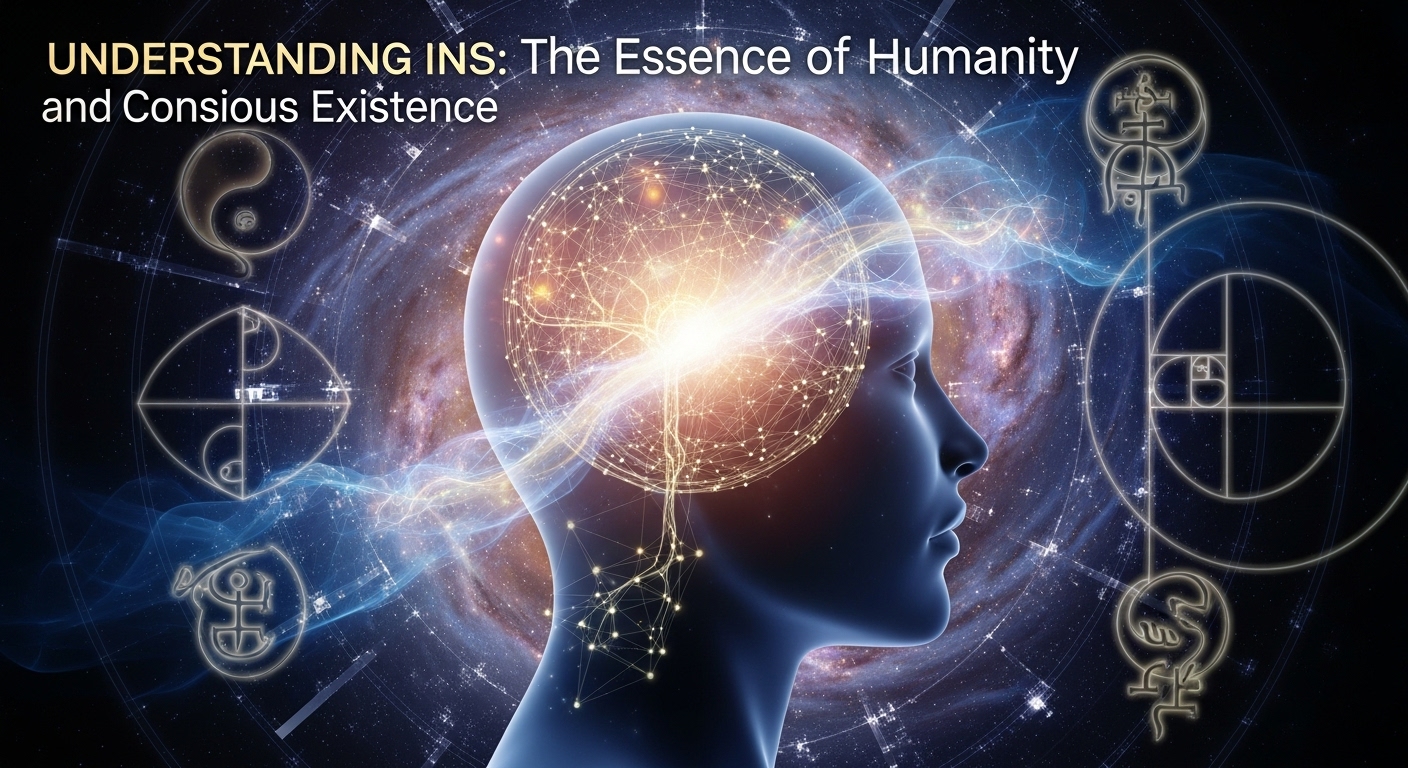The word İns carries profound meaning across cultures, languages, and philosophies. Derived from ancient linguistic roots, İns often symbolizes the essence of being human — consciousness, compassion, and moral awareness. In this article, we’ll explore the origins, interpretations, and modern relevance of revealing how this simple yet deep concept defines what it truly means to be human.
The Origin and Meaning of İns
The term is deeply rooted in ancient languages, particularly within Semitic and Turkic linguistic traditions. In Arabic, “Insān” refers to a human being, while in Turkish often symbolizes humanity or the human soul. Its meaning goes beyond physical existence — it touches upon the spiritual, moral, and emotional dimensions of life.
Throughout history has represented self-awareness, empathy, and moral responsibility. It embodies the qualities that differentiate humans from other creatures: the ability to think, feel, and choose between right and wrong. Understanding is, in essence, understanding ourselves.
The Spiritual Significance of İns
In many philosophical and religious traditions is linked to the soul and the divine connection within every person. For instance, in Sufi philosophy is described as the reflection of divine attributes — compassion, wisdom, and love. The human being, or İnsān, is seen as a mirror of creation, capable of understanding both the material and spiritual worlds.
From this perspective represents the inner journey toward self-realization. It’s about uncovering the divine spark within, seeking balance between body and soul, and living in harmony with nature and others. The spiritual aspect of reminds us that humanity isn’t defined by physical form but by consciousness and compassion.
İns in Literature and Culture
Across literature and art has been used as a symbol of human complexity. Poets and writers often explore as the embodiment of emotion, morality, and the eternal struggle between good and evil. In Turkish poetry, for example, the term frequently appears to express themes of love, loss, and the search for meaning.
Modern literature also uses as a lens through which we examine social and ethical issues. Whether in a philosophical essay or a fictional narrative reflects both the beauty and the flaws of human nature. It challenges readers to look inward — to question what it truly means to live with integrity, empathy, and awareness.
The Psychological Dimension of İns
From a psychological standpoint can be interpreted as the conscious self — the part of us that makes moral judgments, empathizes with others, and seeks personal growth. It encompasses emotional intelligence, self-awareness, and the ability to reflect on one’s actions.
In modern psychology, understanding aligns with concepts like mindfulness and self-actualization. When individuals nurture their they develop emotional balance, empathy, and resilience. This self-awareness allows people to form deeper connections with others and live more meaningful lives.
The Ethical and Social Role of İns
The concept of isn’t limited to personal or spiritual growth — it also has a crucial social dimension. It guides how individuals interact with others, how communities function, and how justice and compassion shape society.
Ethically reminds us of our moral responsibilities. To be a true is to treat others with fairness, dignity, and respect. It encourages empathy for those in need and accountability for one’s actions. In today’s fast-paced, technology-driven world, the idea of serves as a reminder to stay human — to care, to listen, and to act with kindness.
İns in Modern Times
In the 21st century, the relevance of has only grown stronger. As societies become more digital and disconnected, people are seeking meaning, authenticity, and empathy in their interactions. The rise of artificial intelligence, social media, and automation has made the essence of İns — our humanity — more valuable than ever.
Modern interpretations of often emphasize emotional intelligence, ethical leadership, and mindfulness. Companies, educators, and spiritual leaders alike are encouraging individuals to reconnect with their İns — to lead with compassion, think critically, and engage with others on a deeper level.
The Balance Between İns and Technology
One of the greatest challenges today is maintaining our in a world dominated by digital interactions. While technology enhances convenience, it can also distance us from genuine human experiences. Maintaining means preserving empathy, understanding, and moral reflection in the age of automation.
By integrating into our daily lives — through mindful communication, ethical choices, and compassionate leadership — we can ensure that technological progress doesn’t come at the expense of our humanity.
How to Nurture İns in Everyday Life
Cultivating is a lifelong journey that requires self-reflection, awareness, and action. Here are a few ways to nurture your İns:
-
Practice empathy: Listen and try to understand others without judgment.
-
Engage in self-reflection: Regularly evaluate your thoughts, actions, and intentions.
-
Stay connected to nature: Spend time in natural environments to restore inner balance.
-
Live ethically: Make conscious choices that align with fairness, kindness, and integrity.
-
Seek continuous learning: Grow intellectually and emotionally to better understand the world.
These small but consistent practices help strengthen the spirit of İns — the foundation of compassion and conscious living.
Conclusion: Rediscovering the True Meaning of İns
The concept of serves as a timeless reminder of what it means to be human — compassionate, self-aware, and morally grounded. It bridges the gap between spirituality and psychology, guiding individuals toward inner peace and ethical living. In a rapidly changing world, embracing can help us rediscover the values that make life meaningful.
Ultimately isn’t just a word; it’s a philosophy — a way of being that celebrates the deepest aspects of human existence.

